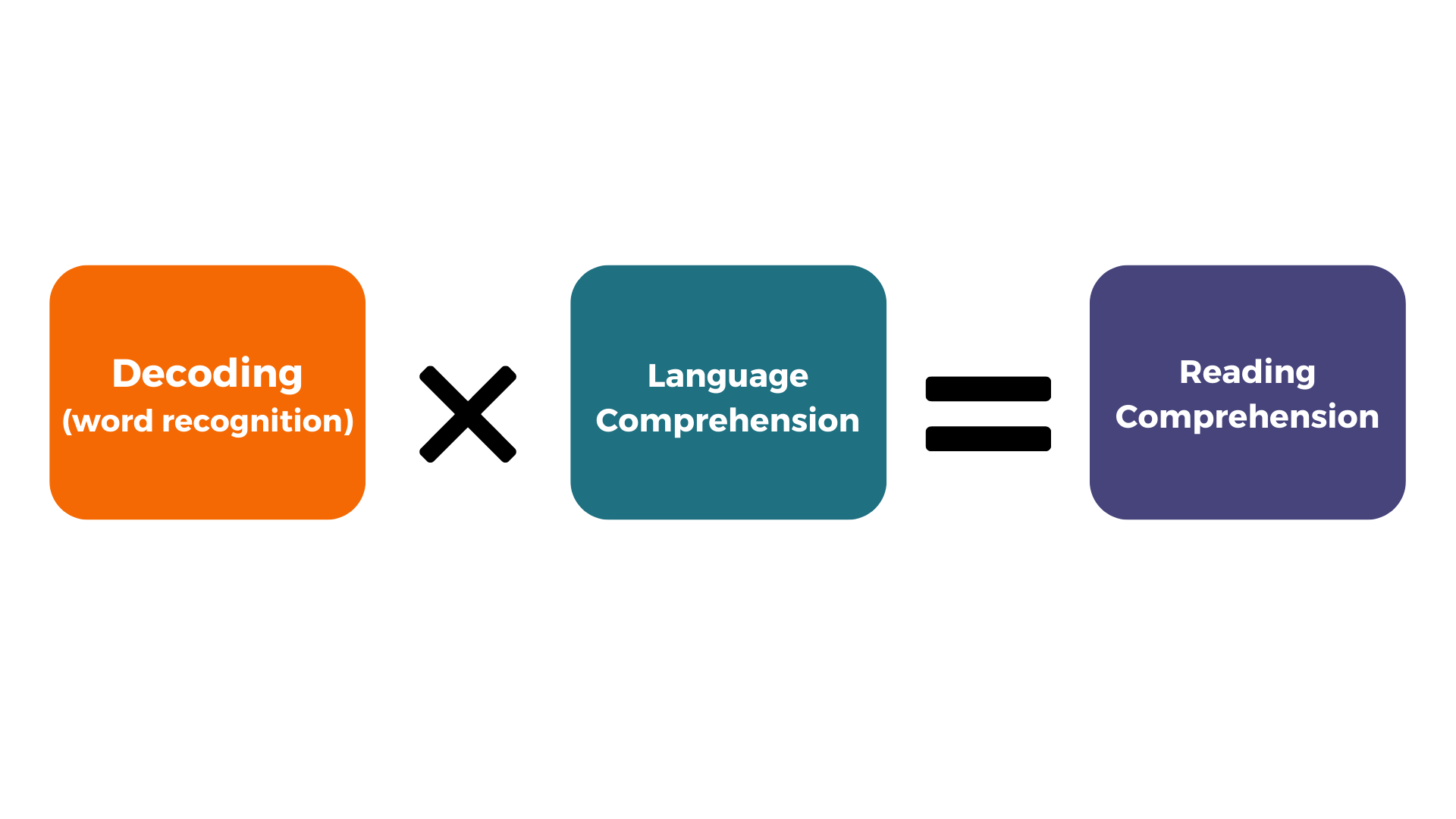Reading comprehension is a crucial skill that allows individuals to understand and interpret written texts effectively. It involves the ability to not only read the words on a page but also to grasp the meaning, analyze the text, and make connections between the information presented.
Having strong reading comprehension skills is essential for success in academics, work, and everyday life. It enables individuals to comprehend instructions, process information, and engage with a variety of texts across different genres and subject areas.
What is Reading Comprehension?
Reading comprehension refers to the ability to understand and interpret written text. It involves a combination of skills, including vocabulary knowledge, fluency, and the ability to make inferences and draw conclusions based on the information presented in the text.
When individuals have strong reading comprehension skills, they can effectively engage with a text by identifying the main ideas, understanding the author’s purpose, and evaluating the arguments presented. They can also make connections between different parts of the text and relate the information to their own experiences or prior knowledge.
One key aspect of reading comprehension is the ability to read actively, which involves asking questions, making predictions, and summarizing the main points of the text. By actively engaging with the material, readers can deepen their understanding and retain the information more effectively.
Reading comprehension is not only about understanding the literal meaning of the words on the page but also about being able to infer meaning, analyze the text critically, and evaluate the information presented. It requires readers to think critically, draw connections, and engage with the text on a deeper level.
In conclusion, reading comprehension is a vital skill that allows individuals to understand, interpret, and engage with written texts effectively. By developing strong reading comprehension skills, individuals can improve their academic performance, enhance their communication abilities, and succeed in various aspects of their lives.
